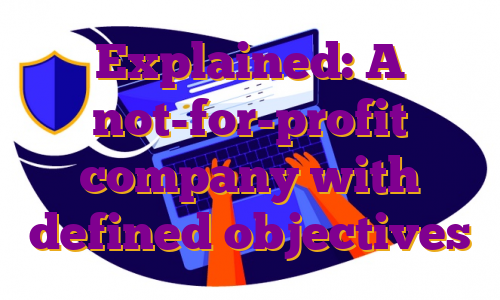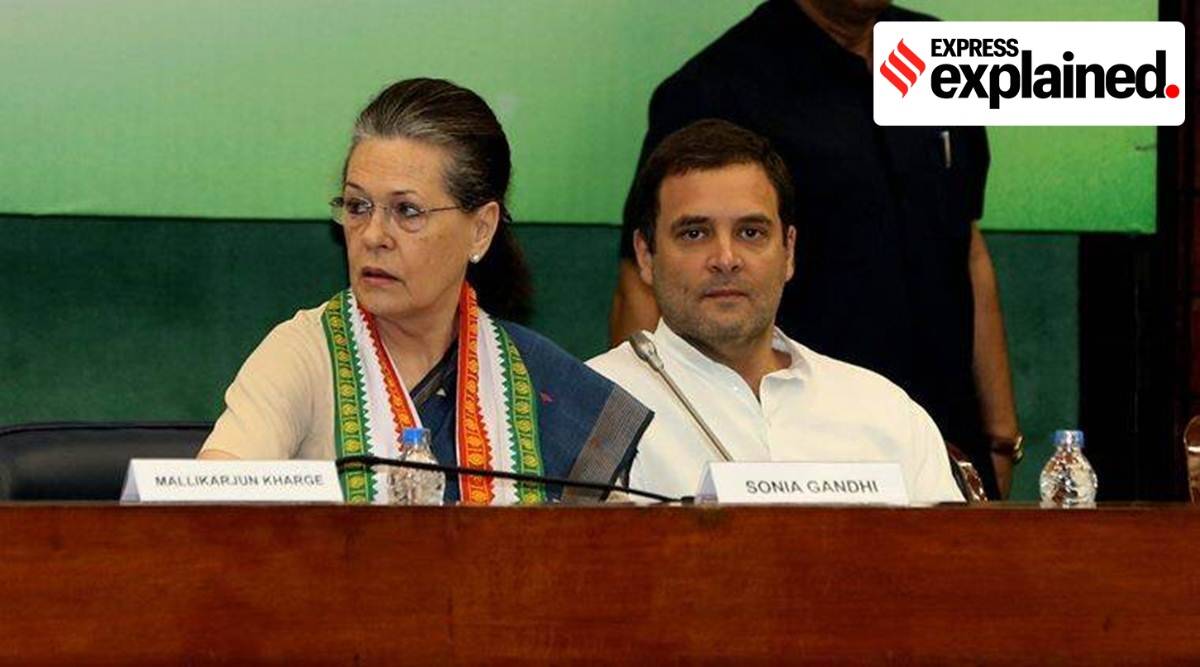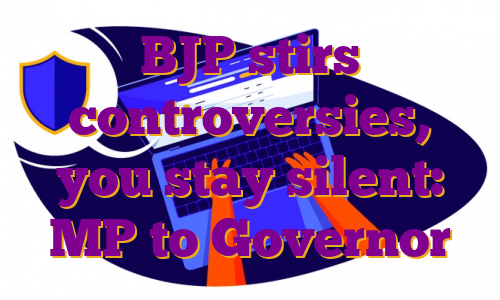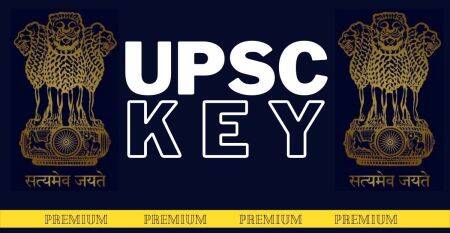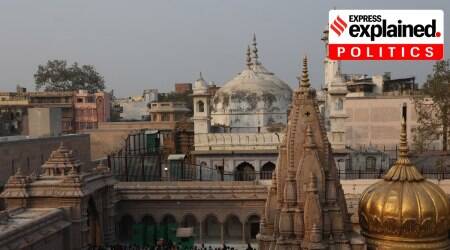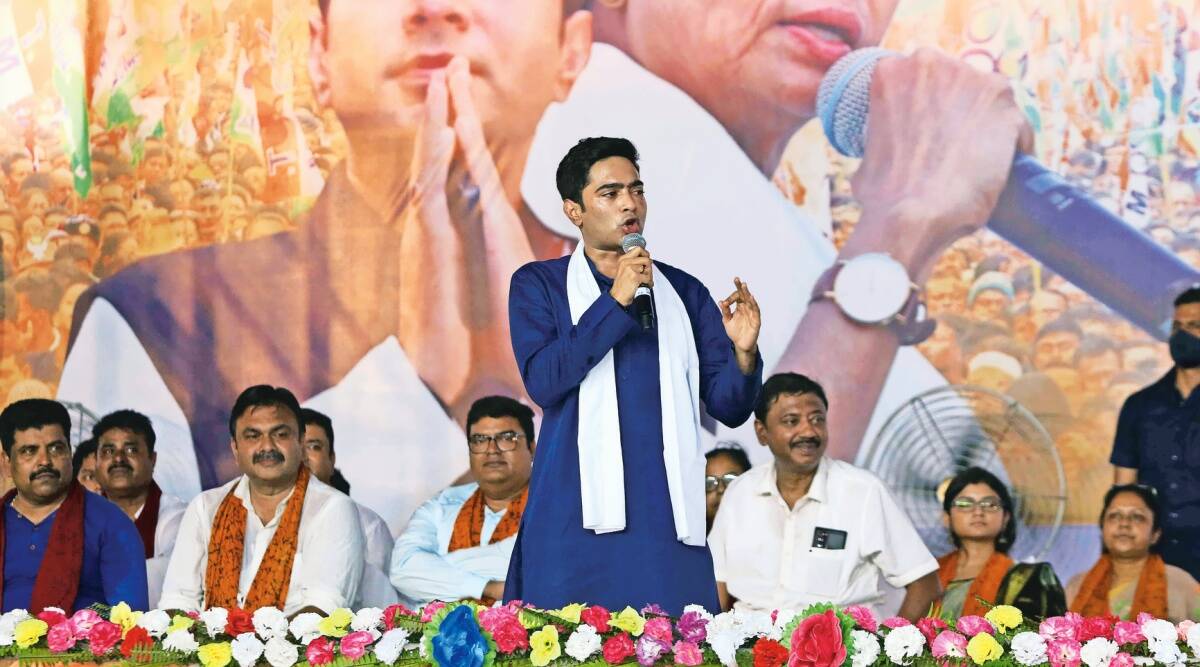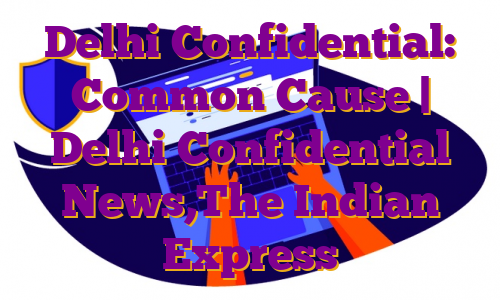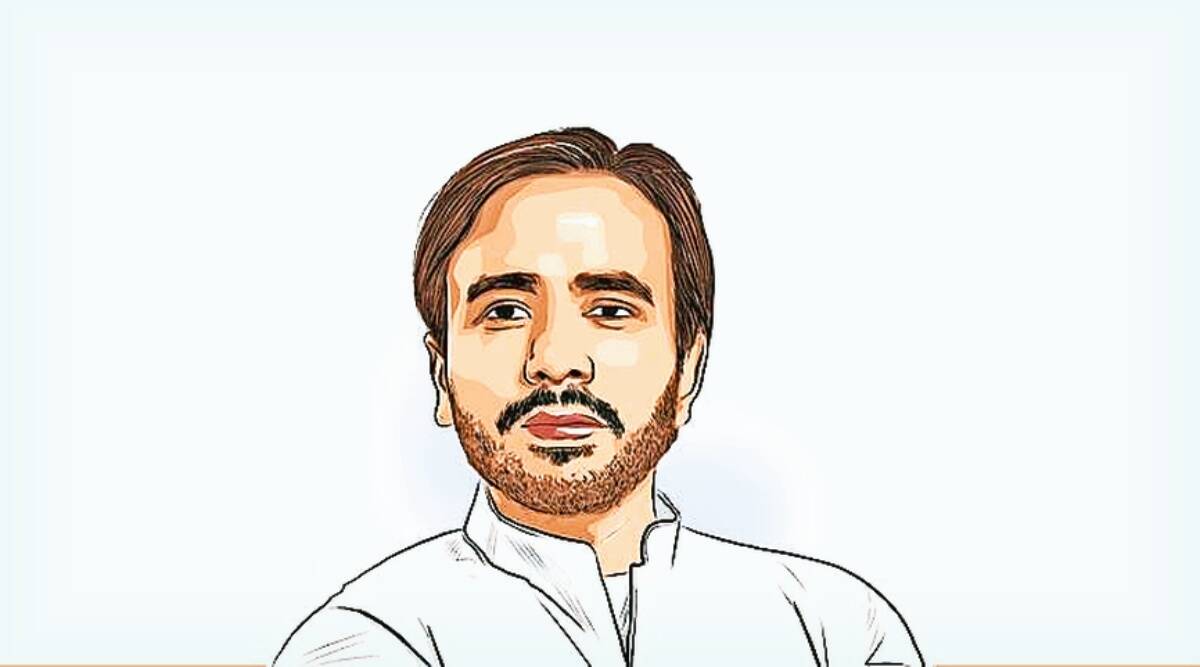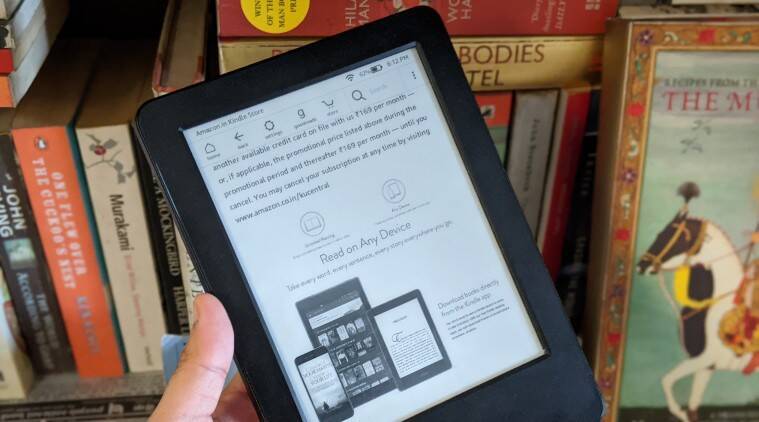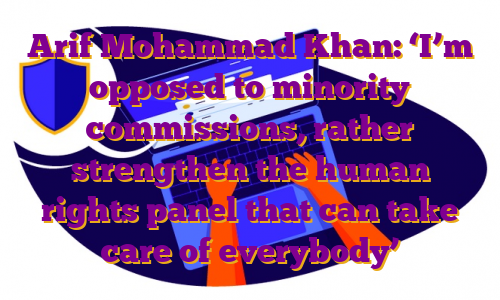Arif Mohammad Khan talks on the relationship between governors and state governments, the hijab controversy and why he thinks there should be no special status for minorities in the country. The session was moderated by Deputy Political Editor Liz Mathew.
🗞️ Subscribe Now: Get Express Premium to access the best Election reporting and analysis 🗞️
Liz Mathew: What do you think about the controversies between the governorships and the state governments?
As far as my personal experience is concerned, there has been absolutely no conflict between the government and the Office of the Governor. The duty of the Governor is to preserve and defend the Constitution. The Governor is not in the state to run the administration; he is there to ensure that the business of the government is conducted in accordance with law, which means the Constitution and constitutional morality. So that has happened in the past and it was only at the time of the Citizenship Amendment Act (CAA) where I had a strong feeling that citizenship is a subject which comes under the jurisdiction of the Central government. But it does not mean that people who are in the state government cannot give expression to their views. But I took exception where the state institutions were being used to create an environment of suspicion and misunderstanding in the minds of the people about the purpose of the Act, passed by Parliament.
Liz Mathew: Were there issues like the Vice-Chancellor’s appointment and other substantive matters wherein that rapport was kind of spoiled?
Actually, that should not be taken as a great difference of viewpoint. If we have submitted to University Grants Commission (UGC) regulations, we should do everything in accordance with those regulations. Here, the term of the V-C was completed. We had already set in motion the process of selection of a new V-C. The committee was constituted with one representative each of UGC, the university and the chancellor. Suddenly, the government, armed with the opinion of the Advocate General, asked me to scuttle the process which had already been in motion for about 20-25 days. They said, scuttle the process and appoint the same person. Therefore, I made it clear to them that I do not agree with it but since you have come with your opinion of the Advocate General, I’m accepting the recommendation.
Liz Mathew: Considering the track record of right-wing organisations and the BJP’s political stance when it comes to minorities, it surprised many that a person like you came to be associated with them and when you said there is no need to have any special status for minorities.
May I request you to point out when I made this statement for the first time, or objected to the use of the terminology of majority and minority. The first interview on this subject was given by me in 1980. After the Moradabad riots, an exclusive meeting of the Muslim MPs cutting across party lines was held. I had refused to attend that meeting, and raised this question that why the security of Muslim or anybody should not be the concern of everybody. Why should it be a concern of only MPs belonging to one denominational group?
Liz Mathew: That context was different, the situation in the country is different now and so is the minority status.
I do not know what difference you are talking about. Never forget that in 1946, Mahatma Gandhi had written in Harijan, that ‘to a section of Muslims, I am evil’. Before the Partition, if they really believed in the secularism of Pandit Jawaharlal Nehru, why was there a need for partition? In 1986, the Congress Party had more than 400 members, the BJP had only two members. Even then, this movement started. Why? Because (some people felt) ‘our religion is in danger. We feel insecure’. Point out any one time when these people, who pursue the same kind of politics, were not saying that the religion or their language is in danger.
Liz Mathew: 1992 Babri Masjid, 2002 Gujarat riots, then the Muzaffarnagar riots, then the Pehlu Khan incident, then the 2022 hijab controversy. So, why shouldn’t Muslims in this country feel insecure?
You have left out the main issue from where all these problems started — the Shah Bano issue. Babri Masjid was only part of the deal. The then Prime Minister himself told me after the lock was removed that nobody’s going to raise any objections. In order to manage that adverse fallout, within a few days, the government organised to remove the lock and what was specifically said was that Muslims are happy with Shah Bano decision and Hindus will become busy with Ayodhya. I have been saying right from day one, if you had entered into a deal, what was promised to you was given to you. So therefore, honour the rest of the deal. But till the unfortunate assassination of Rajiv Gandhi, Muslim Personal Law Board did not raise this issue and that was the reason why more than two Babri Masjid action committees came into existence. But after the death of Rajiv Gandhi, the Board possibly thought that now that the man to whom we had made the commitment is no more, and it was not a written agreement, they took the matter in their own hands.
Liz Mathew: You’ve always stood for reforms in the Muslim community. Even the Prime Minister speaks about the need for reforms and he brought in the ban on triple talaq. Still the party and the Centre are not able to win the confidence of the minorities. What do you think they can do to bridge this trust deficit between the minorities and the ruling party?
How long are we going to view Indians as majority and minority? You want me to accept that I’m a minority? In elections, I’ve defeated candidates who happen to be Hindu, in Kanpur where the Hindu population was more than 80 per cent in 1980. And you want me to accept that because I was born in a Muslim family, therefore I should accept that I’m a minority? This was the attitude of the colonial masters, because they never accepted India to be a nation. They always said India is a conglomeration of communities, not a nation. They used to talk to community leaders. Are we going to continue this? The party which opposed it, unfortunately, after Independence, during the elections, they also did not behave differently. And that legacy is continuing. But somebody somewhere will have to stop and think about it. Please, let me also become Indian. Why do you want me to wear this label of being a minority?
Discrimination (against Muslims) has been there since 1947. Is the way out to develop a sense of victimhood? In social relations, it is okay. But in public life, I am viewed more as an Indian than the community or the family in which I was born
For the British, the building block of India was community — Hindu, Muslim, Sikh and Christian. For the Constitution of India, the building block is the citizens of India. We have a duty, particularly those who are born after Independence, to change the discourse. And who is the majority? The political majority is one who is voted into power. Minority is the one which is not voted into power. We are a democracy, the situation can change in the next elections. But why should being a minority be permanently attached to me?
Ananthakrishnan G: You had raised this question recently on the pension that the ministers’ personal staff in Kerala are entitled to. The Opposition seems to be united in opposing you. Where does this go?
They are absolutely right that I do not have the power to put an end to it. It is only the elected government which can take a decision. When you say that the government and the Opposition both have joined hands — from the government’s side, nobody is making any statement against whatever I have said, and the Leader of Opposition, who was speaking on this issue against me, has been told by the UDF not to poke his nose into this issue. Here, every minister appoints more than 20 people on a ‘quo terminus’ basis, and they become entitled to pension after two years. So one set of people resign from their positions, another set of people comes in. In one term, every minister appoints about 45-50 people, who later work full-time for the party. They receive their salary in the form of a pension from the government. Nowhere in the country is this thing happening. Every party is benefiting from this scheme. And I find it highly improper.
Why do you want me to wear this label of being a minority? The political majority is one who is voted into power. Minority is the one which is not voted into power. The situation can change in the next elections
Harikishan Sharma: You said there should not be any distinction like majority and minority. In that case, is there a need for bodies like the National Minorities Commission and State Minority Commission? Do you think this is the right time for bringing the uniform civil code?
During Prime Minister VP Singh’s time, the government had created a Minority Finance Corporation. I was the only one in the Cabinet who opposed it. When the Constitution does not define who a minority is, through government orders, you are creating minorities. And you are creating these minority commissions. I am totally opposed to it. I’m for strengthening the National Human Rights Commission, which can take care of anybody and everybody. The Minority Finance Corporation would have rather provided an excuse to those who indulge in discrimination, a sort of moral justification. If some application, belonging to the targeted group comes, he will say ‘for you, a Minority Finance Corporation has been created, you go there’. And Minority Finance Corporation will not have enough finances to fund even the rickshaw pullers.
On the uniform civil code, anybody who is elected to an office is required to take an oath of the Constitution. For so many years, this doubt was created in the minds of the people that we should fear each other. And on that basis, ultimately, this country was partitioned. Therefore, the Constitution makers were of the view that we need a little more time to normalise the situation and then we should have a uniform civil code. Yes, we have to move in that direction. Maybe don’t do it today, tomorrow we will do it and it is not very difficult. You just have to tell everybody that the function of the law is not to create uniformity. Hindu code has not been able to create uniformity among the Hindus, Sikhs, Jains and others. Even among Hindus, it has not been able to create uniformity. How can a uniform civil code seek to have a uniformity for everyone? Actually, it is a common civil code, it is not a uniform civil code. You are free to observe your own ceremonies, rituals, customs or whatever the religion prescribes. The aim is not to make people fall into one line, or create uniformity.
How can a uniform civil code seek to have a uniformity for everyone? Actually, it is a common civil code, it is not a uniform civil code. The aim is not to make people fall into one line, or create uniformity
Liz Mathew: Are there any differences that you see between the lives and moorings of the Muslims in North India and in a state like Kerala?
When I go to my village, which is only 110 km from Delhi, whatever I’ve seen in the last 15 years is unbelievable. In the village community, young girls were not allowed to step outside their homes after the age of 11-12 years. And today, more than 50 girls are cycling to go to the college every morning. The people of the same mindset (to whom I was referring earlier) have tried their best to stop these girls from going to college. Nobody’s listening to them now. I’ve made this statement that this controversy over veil should also be viewed in this same context. After the abolition of triple talaq, the rate of divorce has come down in the Muslim community. Muslim girls used to be reminded every day by their elders, mothers, elder sisters, other senior women of the house that if you don’t behave, you can be divorced, and it will be instant. After the law, that load is now off the mind of young Muslim girls. And they are doing so well in academics. This is worrying some of these conventional leaders. Imagine a Muslim woman who is an IPS officer, or flying a plane, or is a computer engineer, or working as an anchor on television. If you accept that hijab is essential, will it be possible for these young ladies to work? They will either have to give up their jobs or live with a sense of having committed the sin of not following what their religion prescribes as essential. That is why I’m repeatedly saying that this is no controversy, this is a conspiracy to limit her career prospects. If that happens, she will start losing her interest in education and be forced back into the four walls of the house where she was earlier.
Newsletter | Click to get the day’s best explainers in your inbox
Liz Mathew: But do you see any difference between the Muslims in northern India and the Muslims in Kerala?
In the north, we need to work very hard for healing the wounds of the Partition, which still haunt us. The south, fortunately, has not been affected by the Partition. Therefore, the basic harmony is there. If you go to any part of Kerala, they all wear the same dress, speak the same language. The language doesn’t divide them, the food does not divide them. The culture does not divide them. As far as expression of the religious faith is concerned, India has always accepted
this diversity.
Krishn Kaushik: The discrimination against Muslims is well-documented. So are you suggesting that this discrimination does not exist on the ground and it is just a propaganda by certain motivated people? Also, do you believe there is any majoritarianism right now?
Anyone who has studied the manner in which the movement for the Partition of the country was conducted… it is not a question of denial. We have sown certain seeds, we have to reap the fruits. Now, instead of blaming one party or the other, we need to work unitedly. Discrimination has been there since 1947. Is the way out to develop a sense of victimhood? Is the way out that I further enhance the identity which has created these problems? The solution is in creating an environment where religion becomes a personal affair and we all are known by our identity, at least in public life. In social relations, it is okay. But in public life, I am viewed more as an Indian than the community or the family in which I was born.
Krishn Kaushik: The right wing questions the Indianness of certain sections of the society.
Absolutely not. Maulana Azad could see that as a result of the Partition, this would happen. Now, if I was realistic enough, I should have moved in the direction of healing those wounds. If I’m conscious of the problem, I will take action to solve the problem, not to make it more complicated. I’m not denying that many of these things which should not be there are there, but they need to be addressed. And they have not been there since 2014, they have been there since 1947.
Manoj CG: When a disproportionate share of Muslims become victims of all draconian laws like UAPA, NSA, sedition, we haven’t heard you at all that time.
I think you didn’t ask me a question about this, otherwise I would have spoken even at that time. If I will be identified more by my religious denomination, then for the misdeeds of one or few persons, the blame is shared by everybody. We repeatedly say terror has no religion. But the world has become a global village. At no point of time, I believed that Kashmiris are responsible for the situation which prevails in Kashmir. In fact, Kashmiris have made great sacrifices for the unity of India. We have this problem of terrorism since the early ’80s. The whole world knows who is responsible for this. This problem is coming from across the border. There are no simple answers to the question. There are so many factors and historical context which is responsible for it. There is no need to sweep these issues under the carpet. But realising the gravity of these issues, we must have a positive mindset that we will change the situation and run this country in accordance with the provisions of the Constitution, which prohibits any discriminatory action on the part of the government. Yes, there are gaps. We will have to take a positive attitude instead of complaining all the time and developing a sense of victimhood.
Liz Mathew: There is talk that you are one of the contenders for the upcoming presidential and vice presidential elections.
Fortunately, our system is such that nobody can nominate himself or herself for this post. All those who are
making these remarks, I take it as their good wishes or blessings. But I do not want to talk about it because I have
no role.
!function(f,b,e,v,n,t,s)
{if(f.fbq)return;n=f.fbq=function(){n.callMethod?
n.callMethod.apply(n,arguments):n.queue.push(arguments)};
if(!f._fbq)f._fbq=n;n.push=n;n.loaded=!0;n.version=’2.0′;
n.queue=[];t=b.createElement(e);t.async=!0;
t.src=v;s=b.getElementsByTagName(e)[0];
s.parentNode.insertBefore(t,s)}(window, document,’script’,
‘https://connect.facebook.net/en_US/fbevents.js’);
fbq(‘init’, ‘444470064056909’);
fbq(‘track’, ‘PageView’);
.
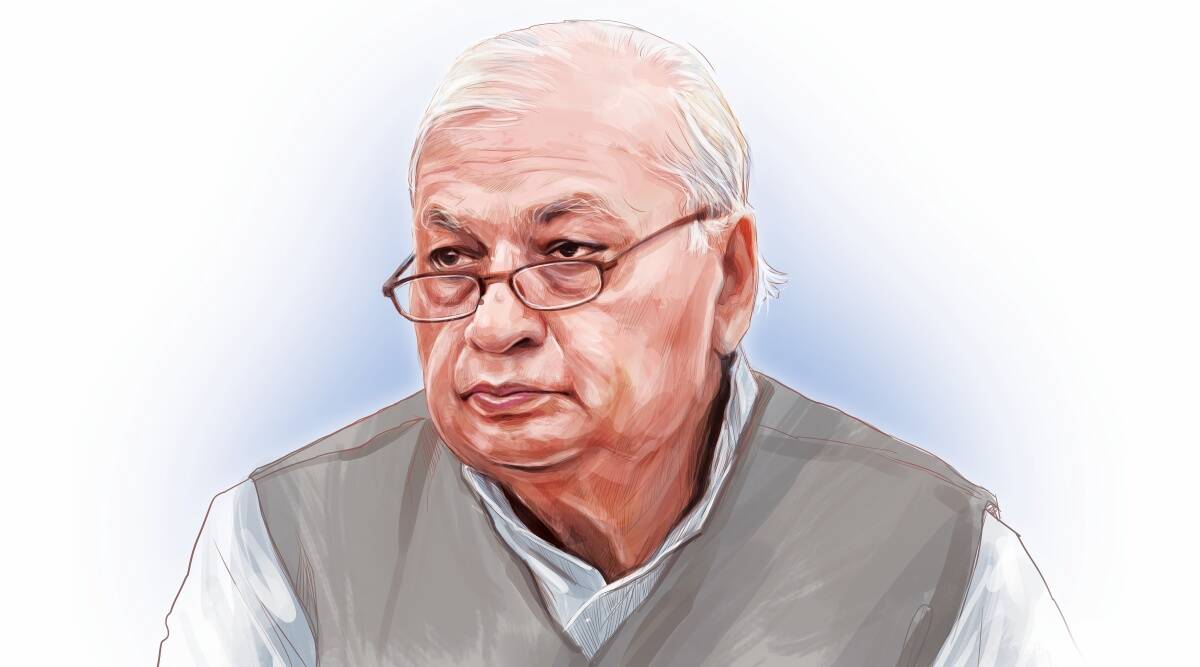
 Premium
Premium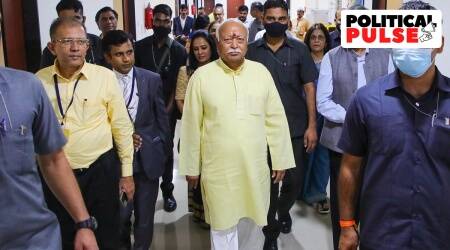 Premium
Premium Premium
Premium Premium
Premium
 Why are companies formed under Section 25 when there is a Trust structure in place?
Why are companies formed under Section 25 when there is a Trust structure in place?
